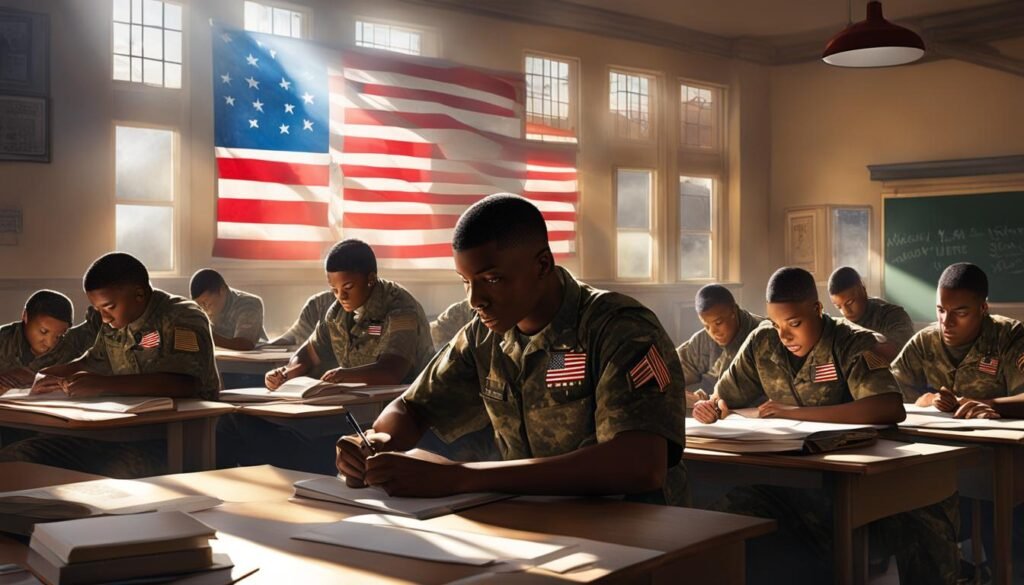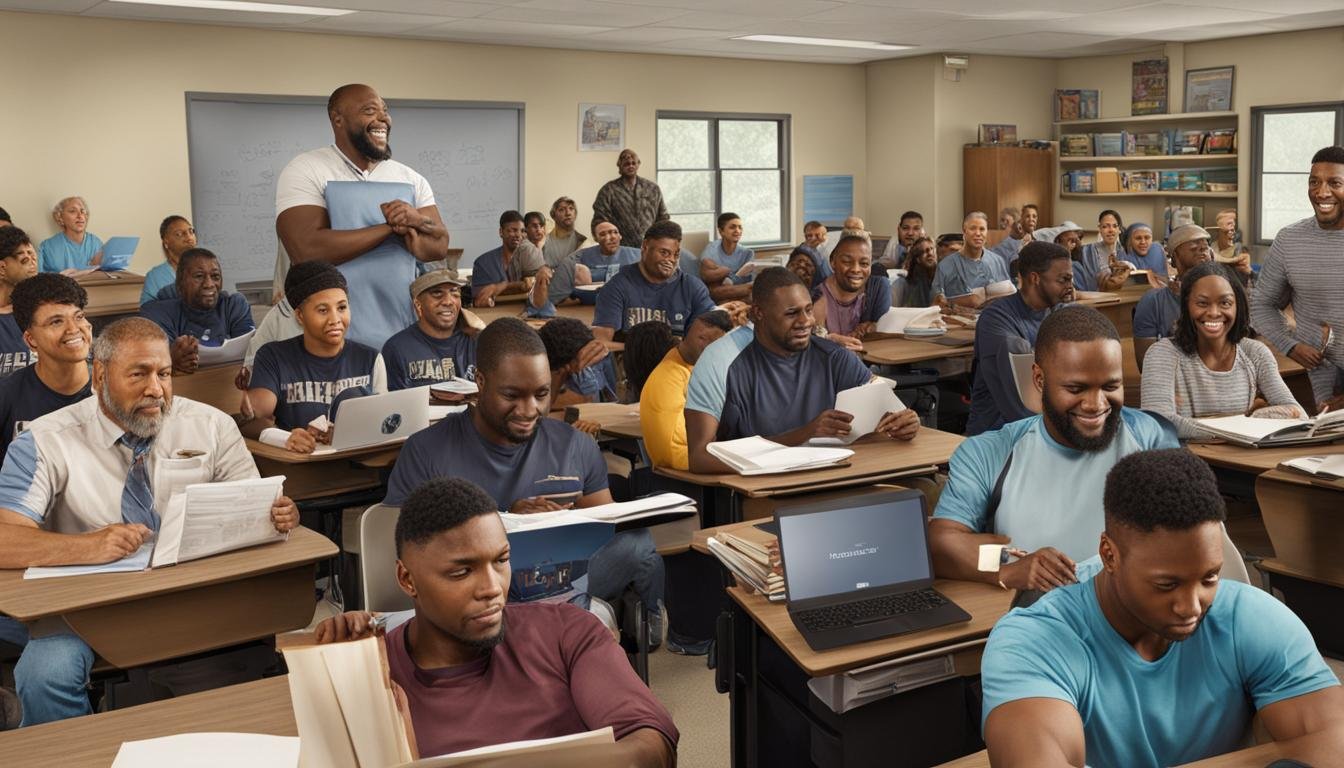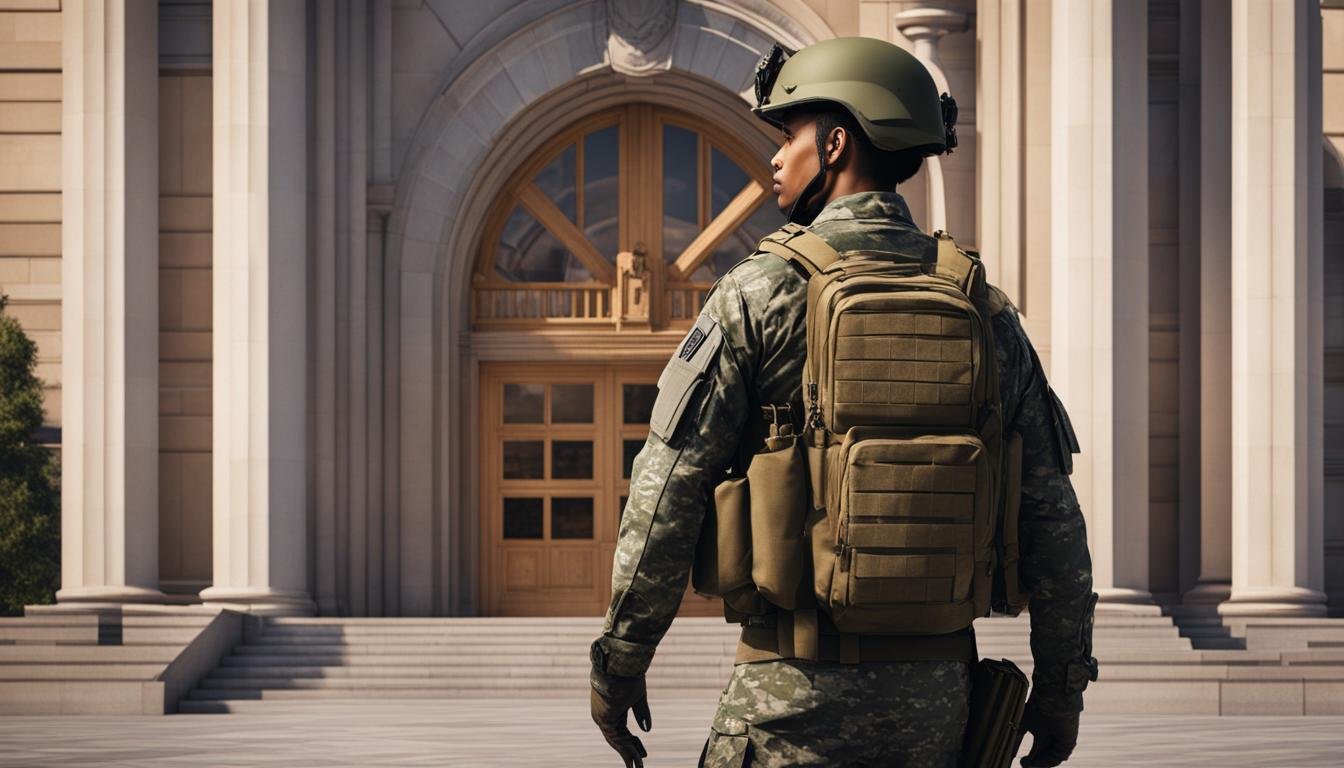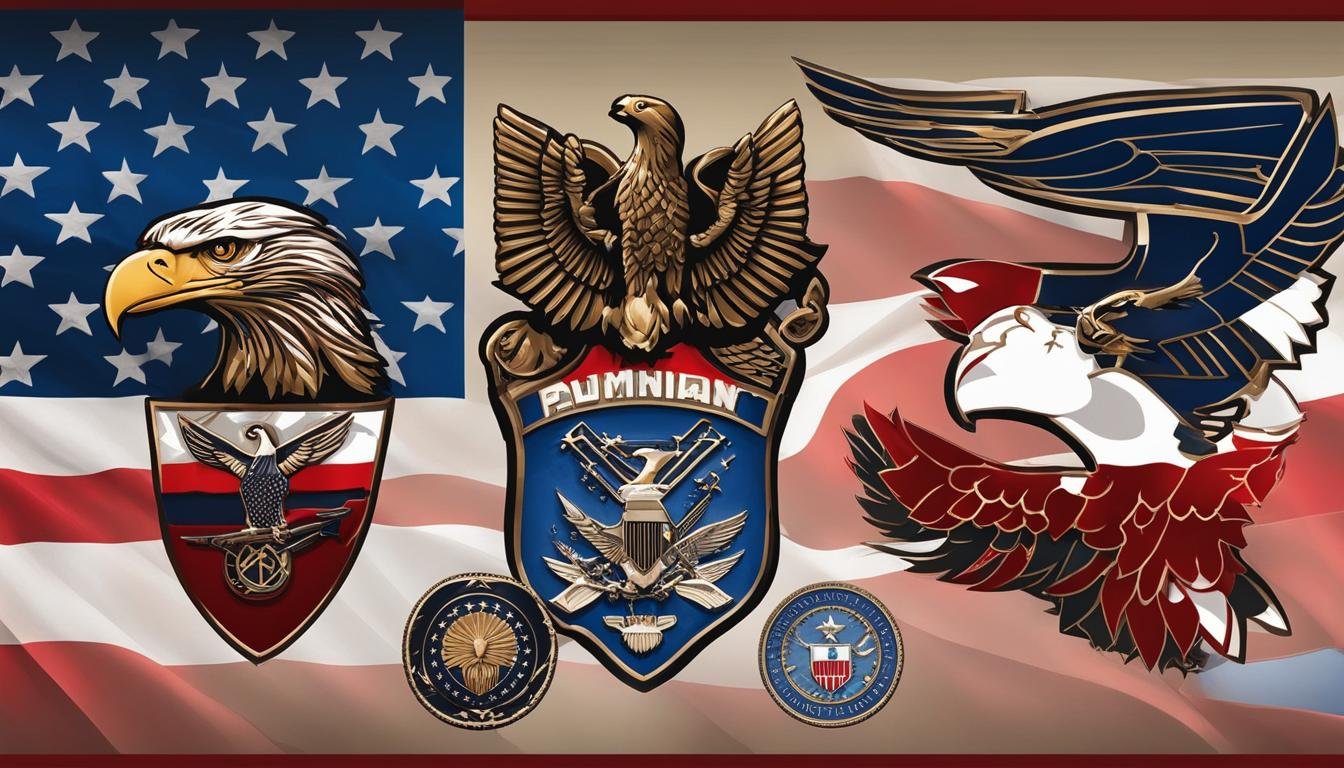Many veterans face challenges when trying to translate their military experience into college credits. Steve Mayou, a Navy veteran, had to take introductory physics and basic math courses, despite already having experience as a nuclear reactor operator on submarines. He fought for recognition of his training and was eventually able to receive credit for his experience at the three different colleges he attended. However, this is not the case for many other veterans who continue to struggle to receive credit for their military service. The lack of consistent standards and processes across colleges and universities makes it difficult for veterans to earn college credits for their experience. This issue is particularly concerning considering the number of veterans using the GI Bill to pursue higher education and the potential economic benefit they could bring to institutions. Efforts are being made to improve this process, such as the Multi-State Collaborative on Military Credit, which aims to make it easier for veterans to convert their military experience into academic credit and graduate faster.
Key Takeaways:
- Veterans face challenges when trying to receive college credits for their military experience.
- The lack of consistent standards and processes across colleges and universities makes it difficult for veterans to earn college credits.
- The Multi-State Collaborative on Military Credit aims to improve the process for veterans to convert their military experience into academic credit.
- Efforts are being made to support veterans in their pursuit of higher education and recognition of their military training.
- Steve Mayou’s success story highlights the importance of advocating for recognition of military experience and training.
Limitations of Military Experience Credits
While there is a system in place to determine college credits for military experience, there are limitations to this process. The American Council on Education (ACE) evaluates military occupational specialties and training programs to determine the amount and level of credit that should be awarded. However, not all ACE credits apply to degree programs, with most applying only to lower-level free electives. Only in cases where a veteran is seeking a technical degree related to their military occupation do the credits apply more directly.
Furthermore, each college can determine the number of credits they will accept and how they will be applied towards a specific degree, meaning that not all schools grant the same amount of credit for military experience. This lack of consistency makes it crucial for veterans to research and choose a school that will accept their ACE credits.
It is important to recognize that while military experience credits can provide valuable opportunities for veterans to earn college credits, the limitations and variations across institutions can make the process challenging. Veterans should be prepared to advocate for themselves and seek out schools that value their experience and provide pathways to utilize their military training in the pursuit of a degree.
| Challenges | Solutions |
|---|---|
| Lack of consistent standards | Research and choose a school that accepts ACE credits |
| Varying policies across colleges and universities | Advocate for recognition of military experience |
| Not all ACE credits apply to degree programs | Consider pursuing a technical degree related to military occupation |
“Earning college credits for military experience remains a challenge for many veterans, despite efforts to improve the process.”
As veterans navigate their higher education journey, it is crucial for them to be aware of the limitations of military experience credits and take proactive steps to overcome these challenges. By understanding the system, advocating for recognition of their experience, and researching schools that value their unique background, veterans can maximize their college credit options and increase their chances of success in earning their degree.
Veterans and Higher Education: Insights from the National Veteran Education Success Tracker

The National Veteran Education Success Tracker (NVEST) has conducted an extensive study on the academic success of student veterans utilizing the Post-9/11 GI Bill. This research has provided valuable insights into the challenges these veterans face in their pursuit of higher education, as well as the ways in which they can earn college credits for their military experience. The findings from this study shed light on the unique circumstances and needs of student veterans, highlighting the importance of tailored support and resources.
One key aspect revealed by the NVEST study is the various barriers that can impact a veteran’s academic outcomes. Factors such as withdrawal from classes, enrollment intensity, and pace towards degree completion all play a role in shaping a veteran’s educational journey. By understanding these challenges, colleges and universities can develop targeted interventions and support systems to help student veterans succeed.
The study also revealed interesting trends regarding the degree fields and majors that student veterans pursue. Technical degrees emerged as a popular choice among veterans, indicating a strong desire to build upon their military training and skills. This highlights the importance of providing relevant and applicable credit options for veterans, as they seek to transition smoothly into civilian careers.
| Key Findings: | |
|---|---|
| Veterans face challenges in their pursuit of higher education, including withdrawal from classes and slow progress towards degree completion. | 89% of student veterans experienced challenges in their academic journey. |
| Technical degrees are popular among student veterans. | 45% of student veterans pursued technical degrees. |
| Support systems and interventions can greatly improve the academic success of student veterans. | Student veterans who received tailored support had higher graduation rates. |
The NVEST project plays a crucial role in providing actionable data and insights to support student veterans in their educational endeavors. By leveraging this information, colleges and universities can enhance their efforts to create a more inclusive and supportive environment for veterans pursuing higher education. It is essential for institutions to recognize and value the unique experiences and skills that veterans bring to the academic setting, ensuring they have the opportunity to earn college credits and succeed in their educational goals.
As the national conversation continues to focus on the importance of supporting our veterans, initiatives like NVEST serve as a reminder of the challenges they face and the opportunities for improvement. By working together, we can create a higher education system that truly honors their service and empowers them to achieve their academic and career aspirations.
Sure! There are numerous inspiring veteran success stories when it comes to maximizing college credit awards for veterans. Many have efficiently used their military experience to earn college credits, saving time and money on their education. These success stories serve as a testament to the value of recognizing military training and experience in academia.
Conclusion
Earning college credits for your military experience can be a challenging and frustrating process. Despite ongoing efforts to improve the system, the lack of consistent standards and varying policies across colleges and universities make it difficult for veterans to receive the recognition they deserve. However, there are success stories out there that highlight the importance of advocating for the recognition of military experience and training.
Take Steve Mayou, for example. As a Navy veteran, he had to take introductory physics and basic math courses despite already having experience as a nuclear reactor operator on submarines. It took a fight for recognition, but he was eventually able to receive credit for his experience at the three different colleges he attended. These success stories remind us of the value and relevance of military training.
Initiatives like the Multi-State Collaborative on Military Credit and the National Veteran Education Success Tracker provide important resources and data to support veterans in their pursuit of higher education. The Multi-State Collaborative aims to make it easier for veterans to convert their military experience into academic credit, allowing them to graduate faster. The National Veteran Education Success Tracker conducts studies to identify the challenges and successes of student veterans using the Post-9/11 GI Bill, providing valuable insights to support their educational journey.
As a veteran, it is crucial for you to take the time to research schools that value and accept your military experience. Make sure to choose a path that aligns with your career goals and provides you with the recognition and support you deserve. Remember, your military experience is valuable, and with the right resources and advocacy, you can overcome the challenges and earn the college credits you’ve worked hard for.



